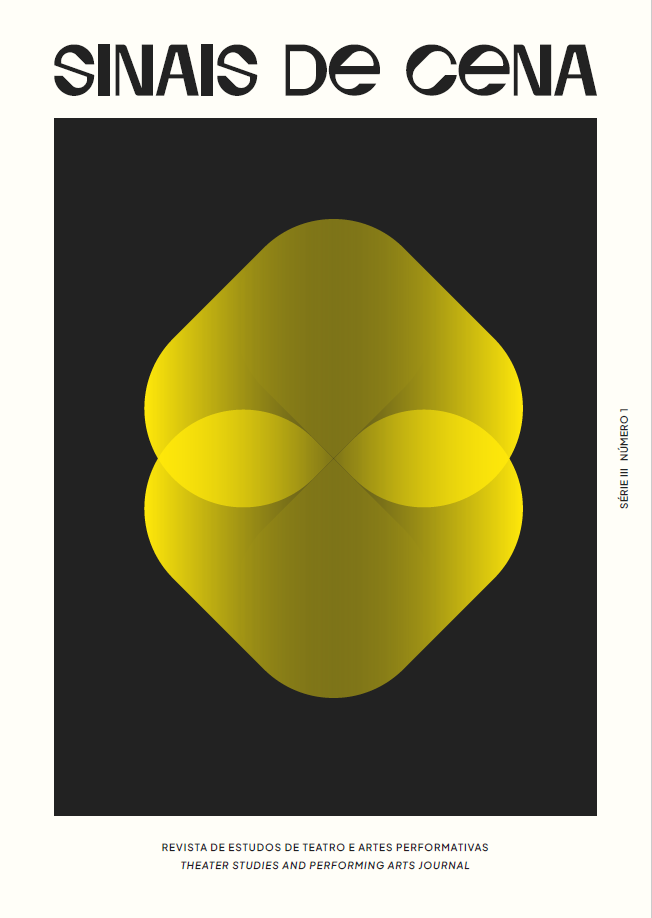Where does the body go when the dance is over? An apology for goodbye.
DOI:
https://doi.org/10.51427/cet.sdc.2022.0017Keywords:
presence, embodiment, somatic experience, material knowledge, body ethicsAbstract
Inspired by the lyrics of a song by Leo Middea, in this text, I let myself be carried away by the evocation of my lived and imaginary experience. The tone is not exactly that of a traditional scientific article. The writing is the result of summoning the intimate memories of my body in action. The concepts and theoretical positions that unfold throughout the text serve as reference points to better explore this perceptive activity, but they are not an end in themselves. The objective is to provide an alternative perspective on the body when placed in relation to everyday life, rather than intensifying the analytical perspective on the world.
I rely, in particular, on my participation in "Don't Be Frightened of Turning the Page," a workshop led by Alessandro Sciarronni, in which I was led to explore the practice of turning the body around itself. It is from this somatic reminiscence that I propose the idea of "departure" as a gesture of convergence with a possible ethics of bodies. An ethics based on the appeal for the literal dimension of the body as a movement of subject reactualization, from which other possibilities of political investment can be recreated.
As it unfolds in dialogue with the specific phenomenologies of cognitive awareness, the text does not fail to adopt a scientific perspective. Precisely because, by situating itself in the context of the possibilities of perception from the body, it resonates with a set of philosophical, anthropological, and cultural questions about the body in relation to the Other, while also engaging in the debate on the (abiotic) dynamics of the current knowledge economy.
Downloads
Downloads
Published
How to Cite
Issue
Section
License
Copyright (c) 2022 Gustavo Vicente

This work is licensed under a Creative Commons Attribution-NonCommercial-NoDerivatives 4.0 International License.
Authors who publish in Sinais de Cena will release their contributions under the Creative Commons — Attribution-NonCommercial-NoDerivs 3.0 Portugal — CC BY-NC-ND 3.0 PT: “Licensees may share, copy and distribute the material in any medium or format, under the following terms: 1) You must give appropriate credit, provide a link to the license, and indicate if changes were made. You may do so in any reasonable manner, but not in any way that suggests the licensor endorses you or your use. 2) You may not use the material for commercial purposes. 3) If you remix, transform, or build upon the material, you may not distribute the modified material".











